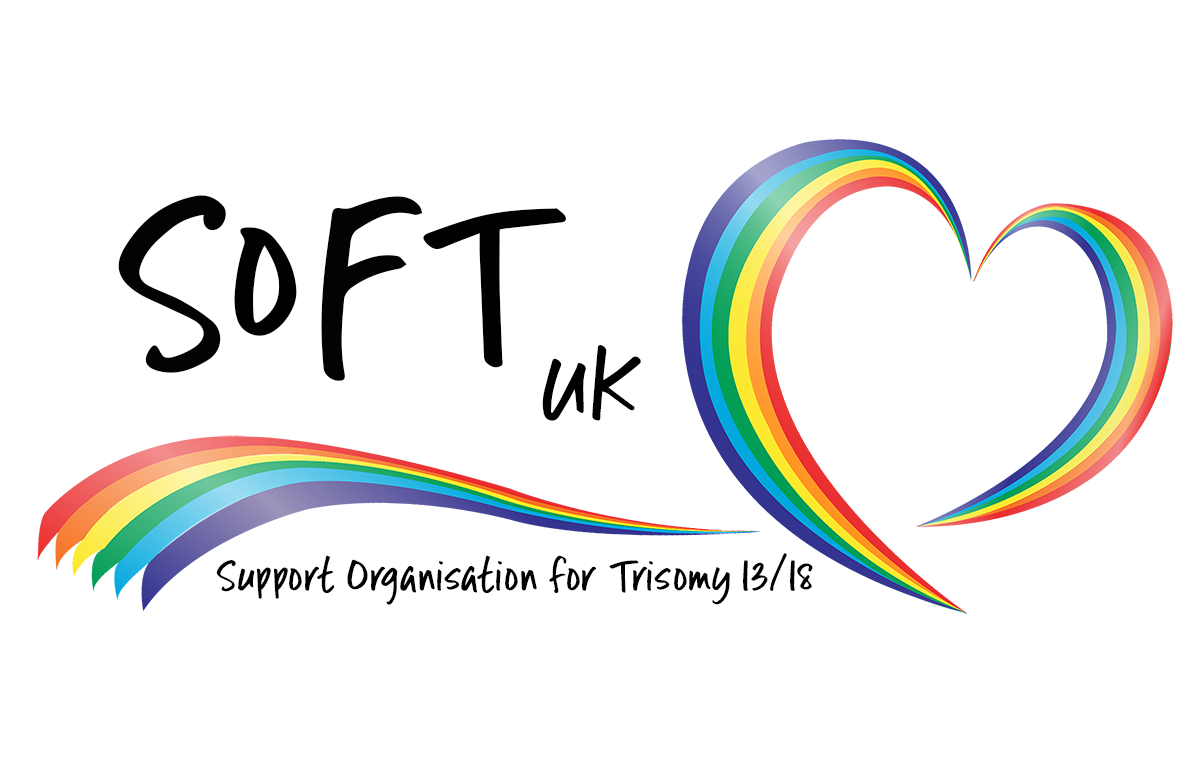Parents want their child to be healthy and the knowledge that a baby has a serious chromosome defect is devastating. There are various stages of grief but we don't always follow a set pattern and not everybody needs expert counselling. However, everybody does need to share the sorrow of losing a loved one with someone. At whatever time your unborn baby, baby or child dies, no-one can really prepare you for the great sense of loss that follows.
In Shock
The initial shock brings a numbness that could be described as being on 'auto pilot'. We can function but are shielded from the full impact of what has happened. A person may be heard to be saying over and over again 'It can't be true'. C. S. Lewis wrote, 'A sort of invisible blanket between myself and the world'. This not accepting reality may lead to guilt as we recognise what has happened.
Anger and Guilt
As we question, there may be anger and guilt focused against other people; for example, doctors and loved ones also resentment against those who don't appreciate their own healthy babies. Such bitterness is quite normal but can become destructive if you are unable to share it. Parents turn to each other for support, but it is unlikely two people will experience exactly the same emotions at the same time and this can put a strain upon a relationship.
If Only
There may be a short period fantasizing when you keep thinking, 'If only.....'Then the loss becomes very real and the bereaved parent releases the sadness and may spend a lot of time weeping. This is when one feels most lonely, but it is when the healing process begins and is very important. Try to share this stage with someone you trust. Your partner may or may not be able to cope, and it seems it will never end and you may feel resentful towards members of your family who can share a joke together. They may welcome the chance to tell you their true feelings so do try to talk to them and to your children about how you are missing your baby. You will soon be ready to pass on to the next stage that is considered the most difficult because it needs a certain amount of effort to achieve. It is 'letting go'.
Letting Go
We cannot cling forever to the baby we loved and who has died. There is no benefit to either the deceased or ourselves. Avoid making impractical promises like vowing to visit the grave every day. Siblings will grow to resent this and it will achieve nothing. Letting go may awaken guilt, but you cannot rebuild your life until you are free from the burden of grief. As you let go memories become less painful and easier to cherish. See your GP if you are unable to move on and you would like some expert help through this difficult time.
Learning To Live Again
This is the final stage and since grieving uses a lot of energy you need to 'get fit'. Do some of the activities you used to enjoy but had to give up. Make new friends and spend time on hobbies and interests.

